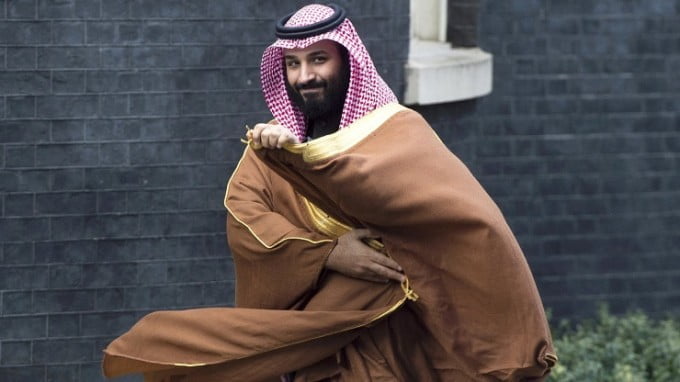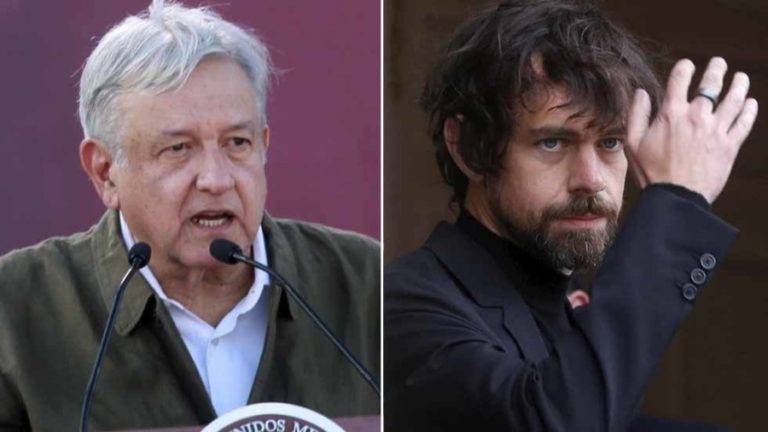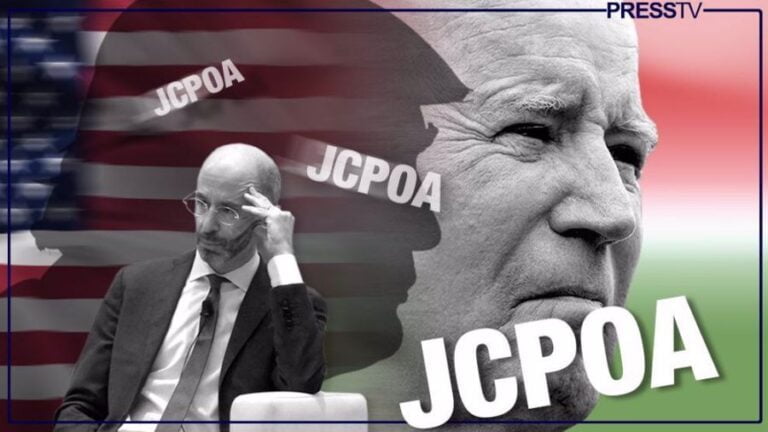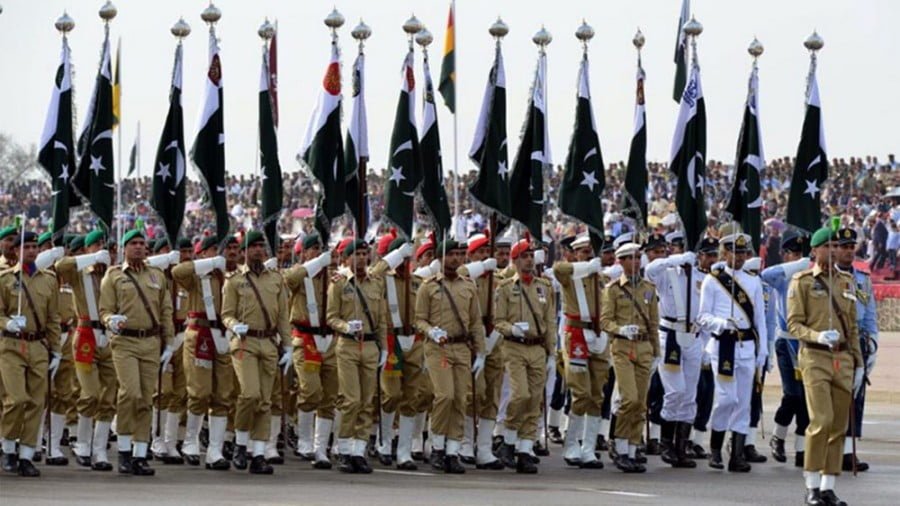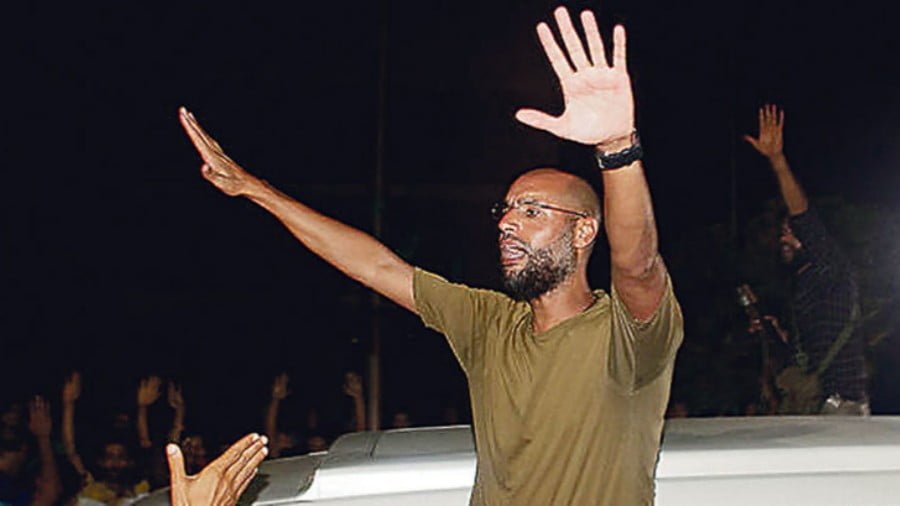Saudi Arabia: Ambitious Plans and Facts on the Ground
Saudi Arabia has announced plans to implement an ambitious $800 billion initiative aimed at increasing the size of Riyadh in the next decade, and at transforming the capital into an economic, social and cultural hub in the Persian Gulf region.
The ambitious strategy was presented by Fahd Al-Rasheed, the President of the Royal Commission for Riyadh City, ahead of this year’s key high-level meetings between leaders of G20 and of the commission responsible for the urban, economic, social, and cultural development of the capital city of Saudi Arabia. “Riyadh is already a very important economic engine for the Kingdom, and although it’s already very successful, the plan now, under Vision 2030, is to actually take that way further, to double the population to 15 million people,” Fahd Al-Rasheed told Arab News. “We’ve already launched 18 megaprojects in the city, worth over SR1 trillion, over $250 billion, to both improve livability and deliver much higher economic growth so we can create jobs and double the population in 10 years. It’s a significant plan and the whole city is working to make sure this happens,” he added. In the next few years, 7 million trees will be planted in Riyadh, despite its arid climate, and once completed, King Salman Park is expected to be bigger than Hyde Park in London.
All of these plans sound really promising and it would be easy to share in the enthusiasm of our Saudi partners in the oil industry. Unfortunately, the current reality is not as rosy and “plots of the folk tales One Thousand and One Nights” often change to reflect the stark facts on the ground. Although Fahd Al-Rasheed talked about Saudi Vision 2030, few in the Kingdom appear to concern themselves with the strategy. And it is not that the Saudi leadership does not wish to transform the Kingdom into a heavenly place, but that they simply lack money for even the nation’s basic necessities and have to save money in every sphere. Hence, it is far more sensible to forget the unrealistic plans for the time being. Of course, it is pure joy to live and not to worry about a thing, but to do so a country needs to have a robust economy and high earnings, as it did earlier.
The poorly thought through and formulated oil strategy, which Crown Prince Mohammad Bin Salman Al Saud has been trying to implement, has had a strong negative impact on all the oil producing nations, and especially on Saudi Arabia. As a result, the Saudi leadership was forced to come back down to Earth and start saving money in every possible sphere. So for now, Saudi Vision 2030 appears all but forgotten.
To cope with the hardship, Saudi Arabia tripled its value-added tax (VAT) rate starting on July 1, and suspended a cost of living allowance from June as part of cost-cutting programs to counter the severe economic impact of the Coronavirus pandemic and the sudden fall in oil prices. Approximately 1.5 million state employees are affected by the latter measure. The cost of living allowance was a monthly payment of 1,000 riyals ($267) introduced by King Salman bin Abdulaziz Al Saud in 2018 “to help offset increased financial burdens, including VAT and a rise in the price of petrol”. The Kingdom’s “central bank foreign exchange reserves fell in March at their fastest rate in at least 20 years”, reaching their lowest levels since 2011, while Saudi Arabia’s budget deficit hit $9 billion in the first quarter of 2020 as oil revenues collapsed. The news outlet Middle East Eye reported that in January 2015, when Salman bin Abdulaziz Al Saud became king, the country’s “foreign reserves totaled $732 billion”. According to the Saudi Arabian Monetary Authority, these reserves had been diminished to $499 billion by December 2019, and they have since continued to decrease. The Kingdom has sustained considerable financial losses and damage to its reputation, because it was forced to temporarily suspend entry for foreigners for pilgrimage to the two holy cities of Mecca and Medina.
Saudi Arabia’s Minister of Finance Mohammed Al-Jadaan ruefully said that “the global economic crisis associated with the Coronavirus pandemic” had led to three major shocks to the Saudi economy. The first was the unprecedented fall in oil prices “leading to a sharp decline in” the kingdom’s revenues. The second stemmed from “the preventive measures taken to curb the spread of Covid-19, leading to the suspension of many economic activities”, which in turn took a toll on non-oil revenues. The third shock was caused “by the rising expenditure on the health sector to deal with the rising number of Covid-19 patients”. “The challenges combined have led to a decline in government revenues and pressure on public finance to levels that are hard to counter without harming the kingdom’s macroeconomics and public finances in the medium and long term,” Mohammed Al-Jadaan said. “Therefore, a further reduction in expenditures is a must, along with measures to stabilize non-oil revenues,” added the Minister of Finance.
Incidentally, Mohammed Al-Jadaan appears to have forgotten to mention the vast sums of money the power-hungry Crown Prince has wasted. Seemingly on autopilot, he spent enormous amounts to oust the democratically elected President of Syria Bashar al-Assad. Even nowadays, Mohammad Bin Salman Al Saud allegedly continues to provide financial support to militants occupying Syria’s Idlib Governorate, thus contributing to the delay in finding a resolution to the complex Syrian conflict. It was at the Crown Prince’s initiative that Saudi Arabia spearheaded a coalition that intervened in the civil war in the brotherly nation of Yemen, resulting in death and destruction in this impoverished nation. Such a military undertaking requires a considerable amount of money, something that the Kingdom’s budget is in dire need of. Even now, Riyadh continues to stoke tensions with Iran, seemingly failing to comprehend the simple fact that the West, while appearing to support Saudi Arabia, is actually following its favorite divide and conquer strategy and thus strengthening its position in this important region of the world. In addition, outdated US weapons are being sold for too high a price to the Kingdom. In fact, Saudi Arabia has accumulated more military equipment and arms than its army needs. And do Saudi “falcons” really expect to emerge victorious from a confrontation with Iran, while they continue to suffer defeats at the hands of poor Yemeni inhabitants, who are still mainly fighting with Soviet armaments? Plus another question arises: “Why did Saudi Arabia spoil its relationship with Qatar and impose tough sanctions (as American are prone to do) against this small nation?”. It appears that the answer is “Just for the fun of it.”
Consequences of Crown Prince’s poorly thought through policies are being felt even today. In fact, there is still a risk of new tensions arising in the global oil market and further financial losses for everyone and especially the Kingdom. Media outlets and experts have been reporting about yet another rivalry on world markets. Saudi Arabia has threatened to sell its oil at a discount to undercut Nigeria and Angola for their non-compliance with production cuts, agreed by the Organization of Petroleum Exporting Countries (OPEC) and its allies. The tough stance taken by the Kingdom, with its world’s largest crude oil production capacity, may lead to yet another oil price war, which is bound to have serious consequences. “We know who your customers are,” Saudi Arabia’s Minister of Energy reportedly told the representatives of Nigeria and Angola, which count China and India as their biggest clients. However, India is still in the midst of the Coronavirus pandemic, hence its economy has not recovered as yet. Riyadh’s only hope is China, which receives unlimited supplies of cheap oil and gas from Russia via pipelines. It is quite clear that Moscow has no plans to reduce supplies of these fossil fuels in the current tough climate. The Saudi leadership, therefore, has no other choice but to stop and think long and hard before taking any rash decisions. The world has changed and Saudi Arabia is no longer the only leader on the global oil market.
Still, Riyadh’s officials are free to continue talking about their ambitious plans, but realizing them requires vast sums of money, which the Kingdom simply does not have in its budget at present. And without financial backing, all of these hopes and dreams are nothing more than a mirage in the Arabian Desert, which disappears as soon as one tries to take a closer look at it.
By Victor Mikhin
Source: New Eastern Outlook

